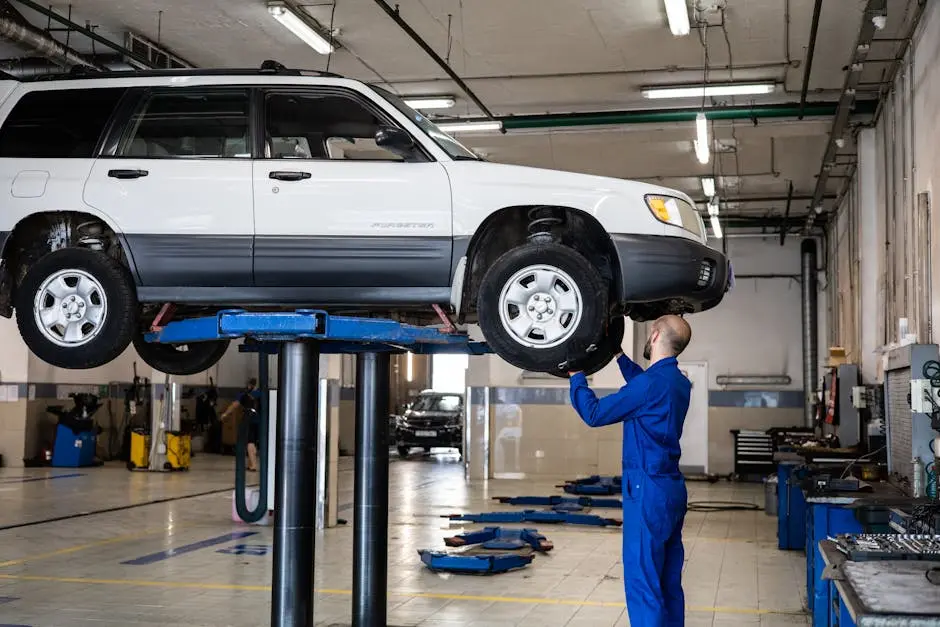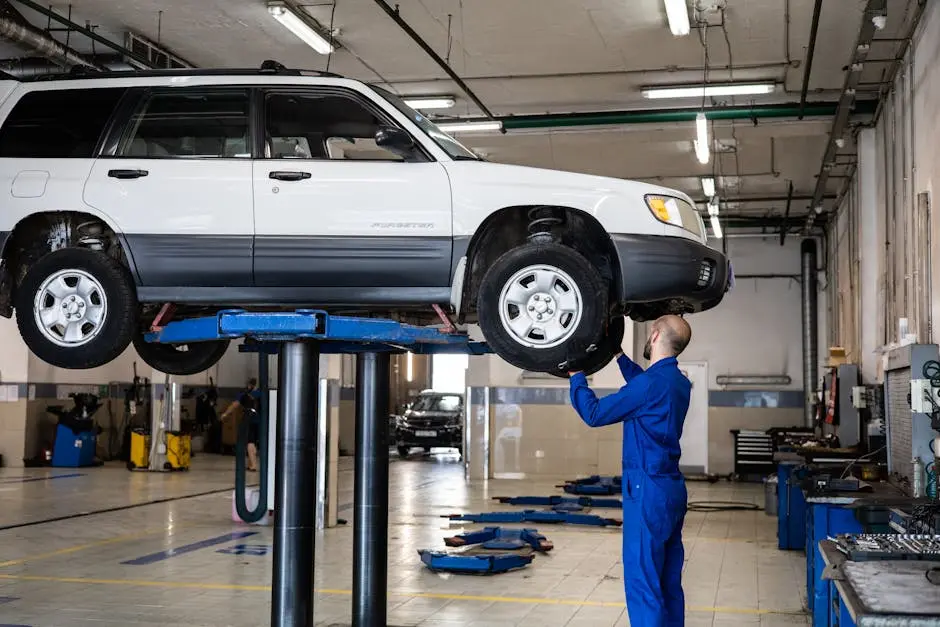Exploring the beautiful Texas Gulf Coast in an RV is an adventure that many cherish, but it’s essential to be prepared for the unexpected. While planning your trips and packing your favorite snacks, don’t overlook the importance of RV maintenance and repair knowledge. This guide will provide you with essential tips to ensure your RV is road-ready for your coastal escapades.
Understanding Common RV Issues
Like any vehicle, RVs face their unique set of challenges. From electrical issues to plumbing problems, understanding common RV issues can help you catch problems early, ensuring a smooth adventure.
One of the most common issues RV owners face is leaks. Whether it’s from the roof, windows, or plumbing, leaks can lead to significant problems if not addressed promptly. Regularly inspecting seals and hoses can save you from costly repairs later.
Another frequent concern is tire blowouts, often caused by under-inflation or worn-out tread. Always performing a pre-trip inspection on your tires can help you avoid roadside issues that could derail your vacation. Pay attention to any unusual sounds or vibrations while driving; they could hint at underlying problems.
Essential Tools for On-the-Road Repairs
Being prepared means having the right tools on hand. We’ll discuss what’s essential to carry in your RV toolkit, so you’re ready for anything that comes your way.
A multi-tool should be a staple in any RV toolkit. This versatile instrument combines numerous functions and can help you tackle various tasks, from tightening screws to opening stubborn bottle caps. Don’t forget a portable air compressor, which can be a lifesaver for tire punctures.
In addition to a basic toolkit, consider including duct tape and zip ties. These handy items may seem trivial but can serve as quick fixes for broken parts or leaks until you reach a professional repair shop. Remember, preparation leads to peace of mind on the road.
Maintaining Your RV Tires: Safety First
Tire maintenance is critical for any road trip. Learn how to check tire pressure, tread depth, and how to rotate and replace your tires to ensure safety on the highway.
To maintain proper tire pressure, invest in a quality tire pressure gauge. It’s a small investment that pays off by extending the life of your tires and enhancing fuel efficiency. Check your tire pressure at least once a month and before every long journey. You’ll find that keeping them correctly inflated helps in managing the vehicle’s handling and fuel consumption.
Regularly checking tread depth is equally important. A quick way to gauge your tires’ condition is by using the penny test: insert a penny into the tread with Lincoln’s head facing down; if you can see all of Lincoln’s head, it’s time to replace the tire. Properly maintained tires not only safeguard your travel but also ensure a thrilling driving experience on the picturesque Gulf Coast.
Checking and Maintaining Fluid Levels
Proper fluid levels are vital to the health of your RV. We’ll cover how to check and maintain essential fluids such as oil, coolant, and brake fluid to keep your vehicle running smoothly.
Start with the engine oil, as it lubricates the engine’s moving parts, preventing wear. Checking the oil level with the dipstick is a simple task. Make sure to do this on level ground and wipe the dipstick clean before re-inserting it to get an accurate reading. If your oil level is low, it’s crucial to add the appropriate type of oil recommended in your RV’s manual.
Don’t overlook coolant, either. Your RV is essentially a small house on wheels, and just like you wouldn’t run your air conditioning unit without proper coolant, your RV’s engine needs it to avoid overheating. Check the coolant overflow tank regularly and refill it when low. Keeping track of these fluids not only promotes better performance but also extends the life of your RV.
Dealing with Electrical Problems
Electrical failures can be frustrating when traveling. Understand the basics of your RV’s electrical system and learn simple troubleshooting steps to address common issues.
First, always familiarize yourself with your RV’s fuse box. If an appliance stops working unexpectedly, it might simply be a blown fuse. A backup supply of fuses can be a lifesaver on the road, giving you the ability to replace them quickly and keep enjoying your trip.
If you experience a dead battery, it’s often a straightforward issue to rectify—just jump-starting might do the trick. However, if it’s a recurring problem, it could indicate a malfunction in the charging system. Regularly checking battery connections can prevent this frustration. Keeping your electrical system in top shape is crucial for a worry-free adventure on the Texas Gulf Coast.
Regular Maintenance Checklists
Establishing a maintenance checklist ensures you cover all critical areas before hitting the road. We’ll provide a handy checklist you can follow to keep your RV in top shape.
Start by checking the exterior. Inspect the roof, windows, and seals for any signs of wear or damage. Then, check the brakes, lights, and turn signals to ensure they’re in perfect operating condition. A pre-trip checklist not only reminds you to complete tasks but also gives you confidence in the reliability of your RV.
Don’t forget about the interior—ensure the appliances are functioning correctly and test the smoke detectors and carbon monoxide alarms. A simple checklist can save you from serious issues down the line and keep your family safe and sound while you take in the beautiful Gulf Coast views.
Ready for Your Gulf Coast Adventure!
Armed with these essential RV repair tips, you can hit the Texas Gulf Coast with confidence. Regular maintenance and knowing how to tackle common issues can make all the difference in your adventures. So gear up, hit the road, and enjoy the beauty of the Gulf Coast—safely!







